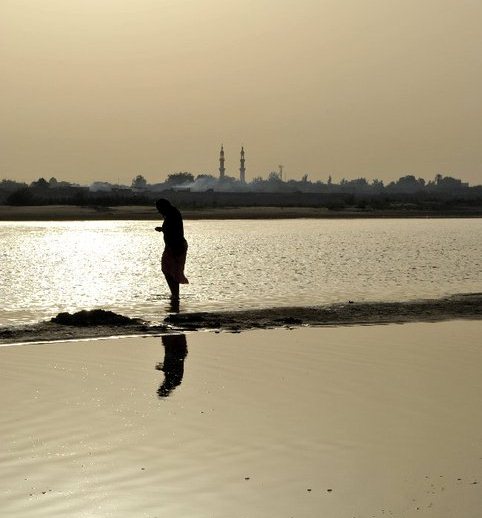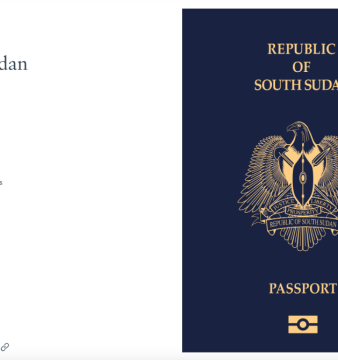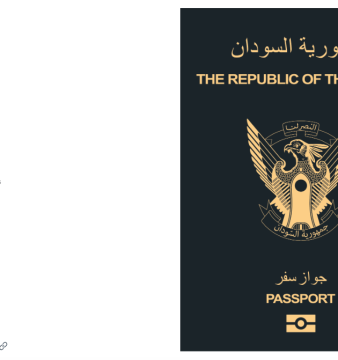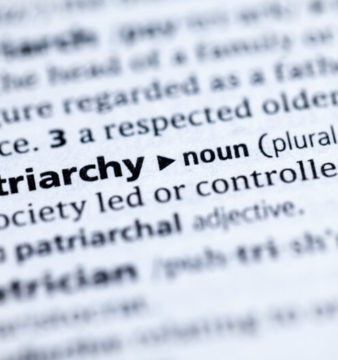Searching for my Homecoming
My relationship with Sudan is a bittersweet one.
I belong to a generation that was born in Sudan and, before they learned how to walk or talk found themselves whisked away to neighboring African or Gulf countries. We were raised, educated, worked and live in diaspora. Few of us go back on the family trips once every few years to “reconnect with Sudan”. Some of us move further away to Europe and North America where Facebook, and calling cards become our life-link to Sudan. Others make (what I believe to be) the bold decision to move back and, learn to navigate and assimilate in an uncompromising manner to society and life in Sudan (those are the ones I am the most jealous of).
I think it would be fair to characterize my trips to Sudan as a rarely occurring hit-and-run. The last time I was in Sudan I was seventeen, overwhelmed by the amount of “family” I actually have, tired of the constant internal struggles to balance “being myself” and “assimilating” in a non-self compromising manner; and skillfully trying to pass spot examinations by people who find it imperative to ask “do you know who I am?”-their hit.
It’s easy to gather that I do not know Sudan. What I do know of Sudan are the stories of ‘the good old days’ that have been carefully preserved and retold by Sudanese communities in diaspora; its complicated history, which my academic endeavors guided me through and, dear childhood friends who have been making the journey along beside me. I would also say, I was never given a chance to know Sudan. Whether it was the political circumstances that denied me an upbringing there, constrictive time frames and family obligations that limited visits, or my own protective adherence to my established roots in the diaspora, that left me skeptical of a possible relationship with Sudan.
So this is where I stand: it has been six years since I was last in Sudan (the run) and, I’m finally going back for a few weeks this June to re-connect, do some research and frankly, try to fall in love with my birth homeland. My biggest longing is to overcome the mental and social battles and to feel as though I belong and can embrace Sudan as one of my homes. Rather than go through a lifetime of a pseudo connection to Sudan, I want to for once, to discover “my own culture” and not through sweet mesmerizing stories told in the diaspora, or pages assigned in classes. I’m not looking to be told that I “should” come to Sudan because I “have much to offer,” I’m looking to come to my diverse, rich, sun-kissed land and be engulfed into what it has. I yearn to be captivated after being away for the larger part of twenty-three years.
I am searching for my homecoming.
If you would like to be part of my journey of reconnecting, familiarizing, and exploring Sudan (even if it means chatting over a cup of tea) I welcome your generosity.
Sukkar is an M.A. candidate at the School of Oriental and African Studies, University of London. She’s reachable at sara.sukkar@jhu.edu.






Great read. Be prepared for a possibly rude awakening – and good luck! 🙂
I was one of the lucky ones – my parents moved back to Sudan firmly deciding that their children needed to be able to really live in the country, and we did.
Don’t expect to return and be engulfed in sweet homecoming. Quite frankly when you first return, it’s going to feel like a lot of things stink. Don’t romanticize Sudan, and at the same time, don’t trash it. My favorite quote about my country is “Sudan, I love you, but I hate what you are.” It’s a beautiful, bittersweet country. Love it, and it will love you.
(And by the way – don’t ever feel that the fact that you’ve lived ‘outside of Sudan’ makes you un-Sudanese, or that you have to choose between two countries or identities, because people will tell you that, and you will feel that way. I’m halabiya, my English is better than my Arabic, and I’m also “Amrikiya”. I learnt that your identity is exactly what you want it to be. If you love Sudan and you want to be a part of it – it’s that simple! Read “In the Name of identity” if you have time.)